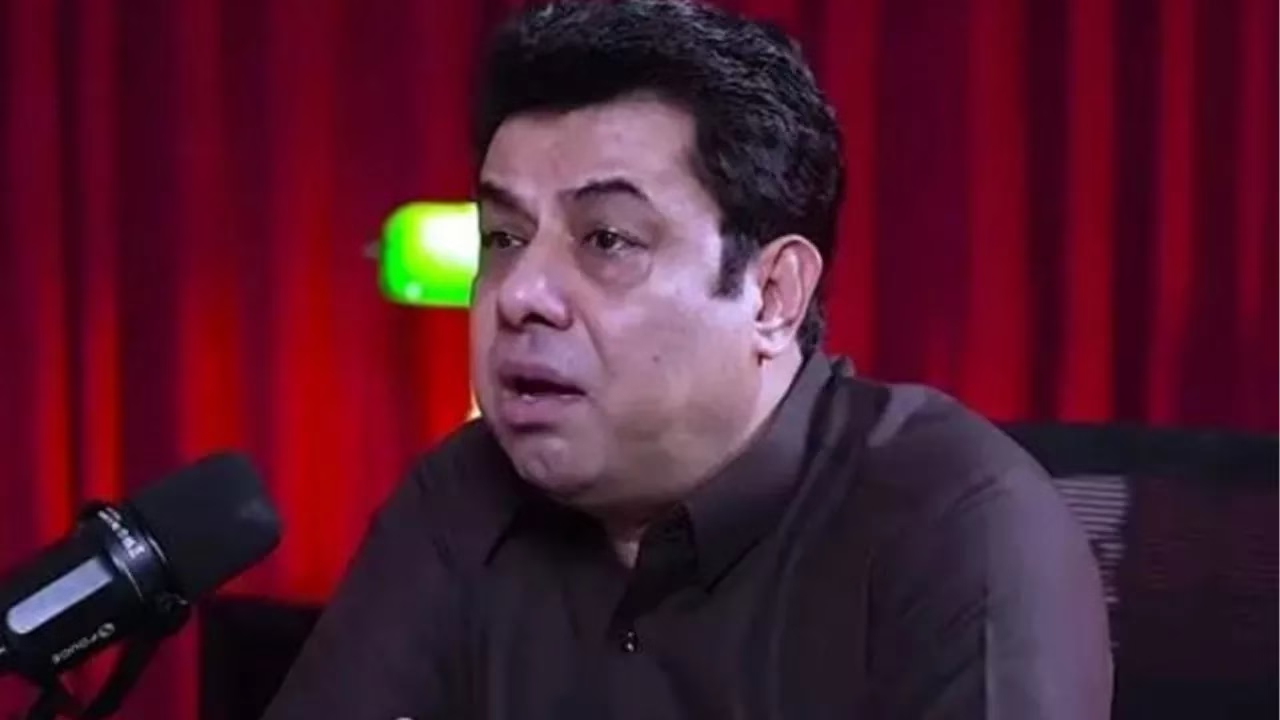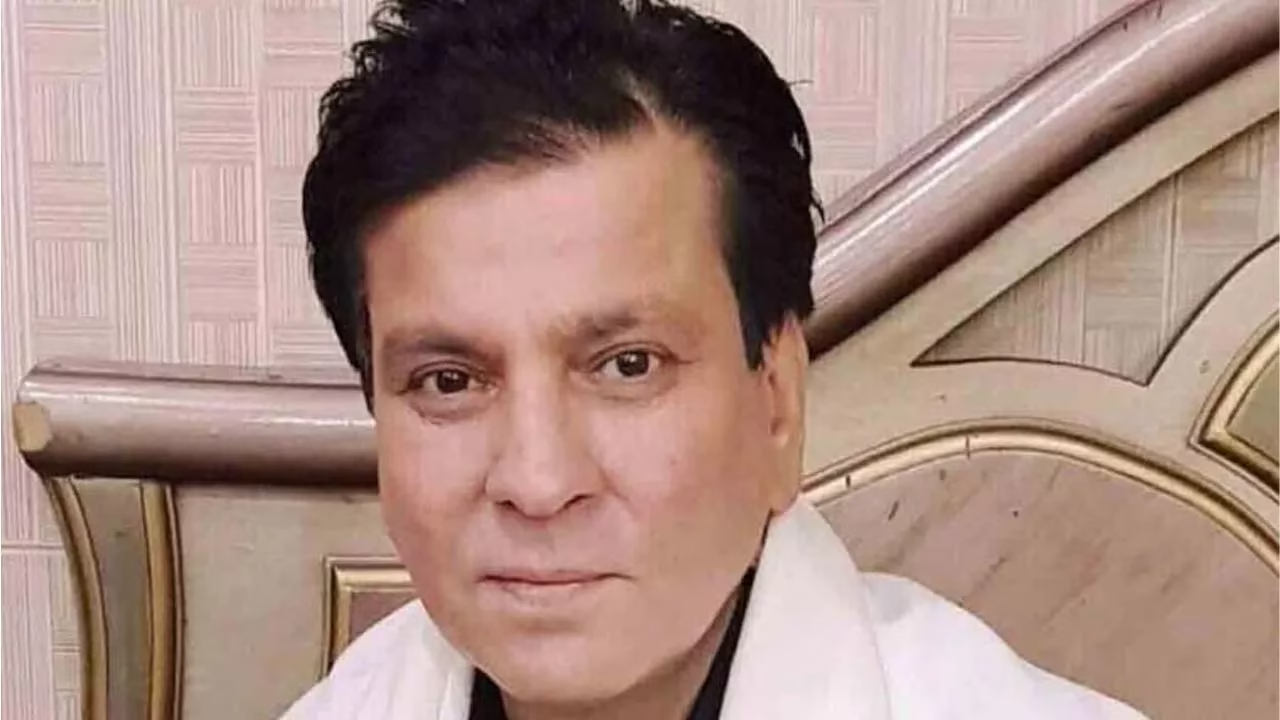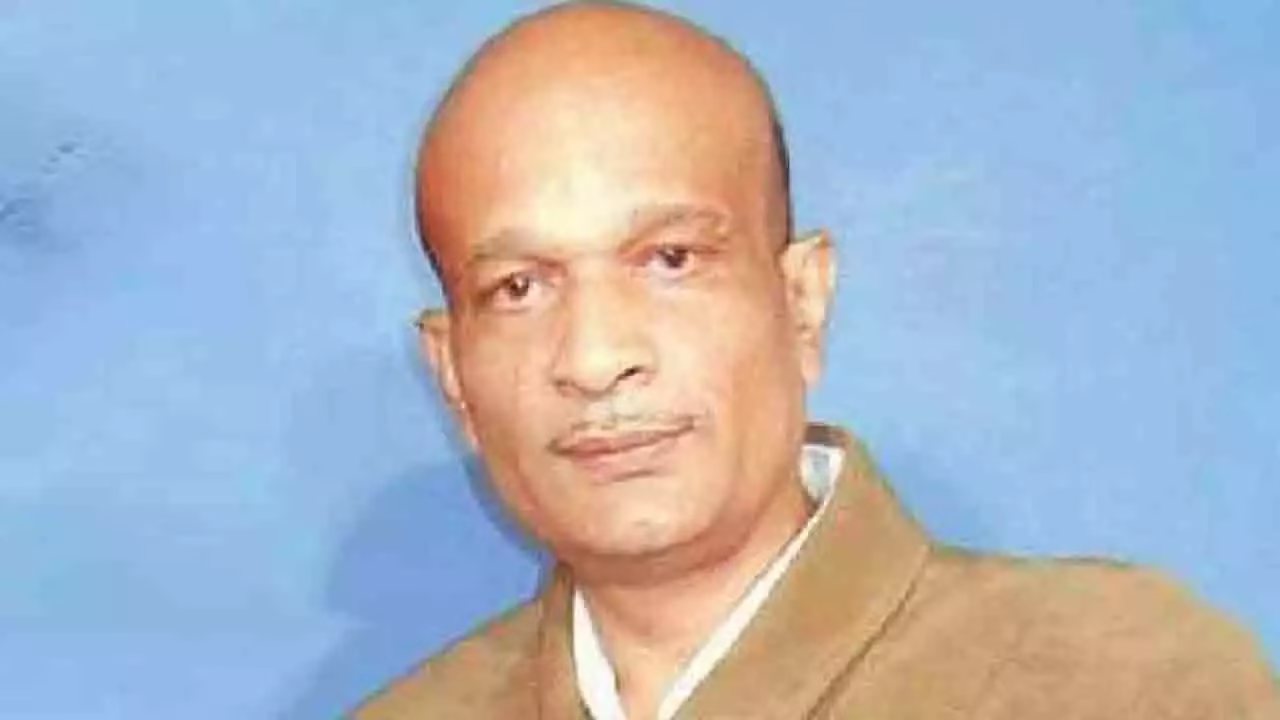Renowned comedian and actor Naseem Vicky recently appeared on a podcast, where he shared a heartfelt and candid discussion about the challenges in the theater industry and the impact of recent government policies on artists’ livelihoods. During the conversation, Naseem Vicky opened up about the theater ban, revealing the personal and financial struggles he faced after the Punjab government prohibited dance performances in stage plays.
Naseem Vicky Talks About Financial Losses After Theater Ban
In his interview, Naseem Vicky revealed that the ban on dance in stage plays severely affected his income and caused a loss of nearly Rs 8 million over just seven months. He stated, “I can show my bank account details. The losses are real, and the government has offered no support or solution.” His statement highlights the financial instability many stage artists face when sudden restrictions are imposed without alternatives.
The Punjab government’s decision to ban dance performances was reportedly aimed at curbing indecency in theater, but according to Naseem Vicky, it had far-reaching consequences. “If the government imposes a ban on something, it should also provide solutions to the problems arising due to the ban,” he argued. He emphasized that many artists rely solely on stage performances for their survival, and abrupt policies without compensatory plans can lead to severe financial distress.
Theater Is His Passion, But Not for His Children
While Naseem Vicky expressed deep love for theater, he also made it clear that he does not want his children to pursue a career in the same field. “Theater is my passion,” he said, “but I will not allow my children to enter this profession.” He believes the current state of the theater industry in Pakistan is not suitable for his children due to its instability and the stigma attached to it.
He shared that his wife was also a stage actress, but before marriage, they agreed that she would leave the profession and focus on their family life. “I married my wife on the condition that she would leave theater after marriage and become a full-time housewife,” he said. This decision, according to him, was made to ensure a stable home environment, as he understood the challenges of the industry firsthand.
Naseem Vicky on His Family and Future Aspirations
The comedian proudly talked about his children’s academic success. His son is studying in London, while his elder daughter recently became a psychiatrist, and his younger daughter is still in school. Despite his deep involvement in theater, he insists he will never let his children follow in his footsteps. “This field is not good,” he explained. “It is not considered a respectable job in our society, and I do not want my children to face the same hardships.”
Insights Into the Theater Industry
Throughout the discussion, Naseem Vicky shed light on the darker realities of the theater world. He admitted that while he loves his profession, he is fully aware of the corruption, exploitation, and struggles within the industry. “I know how much wrongdoing there is in this field,” he said, “and that is why I will never allow my children to be part of it.”
He also clarified that he has never introduced new actresses to the stage, explaining that he only works with established performers. “I don’t want to ruin the life of a new girl by giving her a chance,” he said. His statement reflected a deep concern for the well-being of women in theater, acknowledging the harsh environment they often face.
Dancing Under Compulsion: A Harsh Reality
Addressing the criticism directed toward stage performers, Naseem Vicky defended dancers, saying that people often fail to understand the hardships behind their performances. “Those who criticize the dancing of girls and boys in theater do not know under what compulsion they are dancing,” he explained. He revealed that many performers continue to work under severe financial pressure.
“If the theater remains closed for a week, the girls and boys dancing on stage will go hungry at home,” he said. “They are dancing under compulsion, not choice.” He went on to share stories of artists who struggle to make ends meet—some supporting sick family members, others dealing with serious financial burdens. “A girl’s mother has cancer, someone has to raise children, someone’s entire family is sick. These performers are doing what they must to survive,” he added.
The Broader Impact of the Ban on Theater Artists
The ban on dance performances has not only affected well-known artists like Naseem Vicky but has also taken a toll on hundreds of performers who depend on stage plays for their livelihood. Theater halls across Punjab have seen a sharp decline in attendance and revenue, leaving many technicians, dancers, and support staff without stable work.
Experts believe that rather than imposing blanket bans, the government should regulate and reform the theater industry, offering training programs, subsidies, and creative alternatives to ensure cultural integrity without harming livelihoods.
Through his candid conversation, Naseem Vicky’s response to the theater ban sheds light on the harsh realities of Pakistan’s stage industry. His words reveal the deep financial, emotional, and social struggles faced by theater artists in the wake of government restrictions.
While he remains passionate about his art, Naseem Vicky also highlights the urgent need for reform and compassion from authorities. His story serves as a reminder that art and entertainment are not just forms of expression—they are sources of livelihood for countless individuals who deserve understanding, respect, and support from society and the state.



